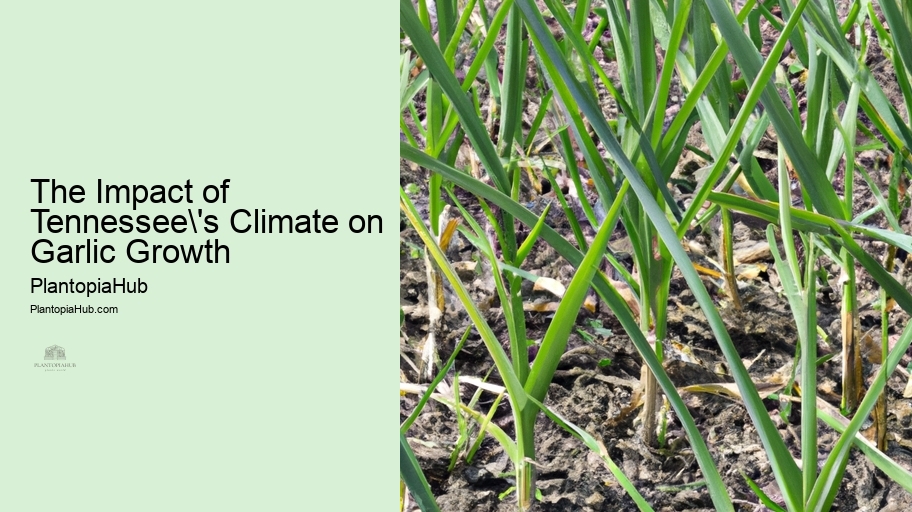

Permaculture practices align well with garlic production in Tennessee. Embrace principles like companion planting, organic soil management, and minimal waste to create a sustainable and self-sufficient garlic farm.
Permaculture emphasizes the importance of working with nature, leading to a resilient and harmonious garlic ecosystem.
In conclusion, incorporating permaculture practices into garlic production in Tennessee promotes sustainable and environmentally conscious farming.
Crop insurance is a crucial consideration for garlic farmers in Tennessee. Unpredictable weather events or crop failures can have devastating financial consequences. Explore available crop insurance options to safeguard your garlic crop and ensure financial stability.
Investing in crop insurance provides peace of mind and protection against unexpected losses.
In conclusion, recognizing the importance of crop insurance is a prudent step for garlic farmers in Tennessee, offering security in the face of uncertainty.
If you aim to produce organic garlic in Tennessee, understanding certification and regulations is essential. Familiarize yourself with the USDA's National Organic Program (NOP) standards and work with accredited certifying agencies to ensure compliance.
Meeting these standards and obtaining organic certification can open up premium markets for your garlic.
In conclusion, navigating certification and regulations for organic garlic is a vital aspect of ensuring your products meet high-quality organic standards in Tennessee.
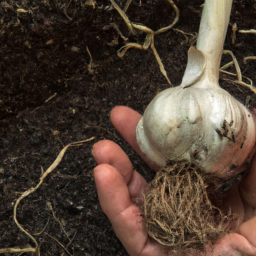
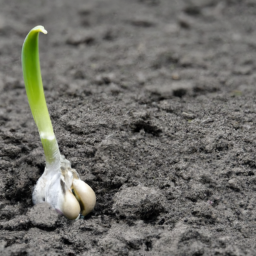
Creating a garlic planting calendar tailored to your Tennessee location is crucial for successful garlic farming. Consider factors such as frost dates, local climate variations, and garlic varieties to determine the ideal planting and harvesting dates.
A well-planned calendar ensures you maximize your garlic crop's potential and optimize yields.
In conclusion, developing a customized garlic planting calendar is a key step for Tennessee garlic farmers to plan their growing season effectively.
Container Gardening: Growing Garlic in Tennessee Urban Spaces
The future of garlic farming in Tennessee holds promise.
Staying forward-thinking and innovative is essential for the future of garlic farming in Tennessee.
In conclusion, embracing the future of garlic farming involves staying informed and adaptable to evolving trends and opportunities.
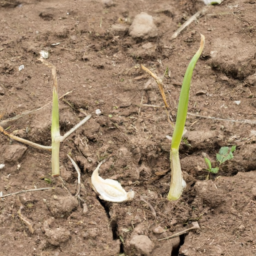
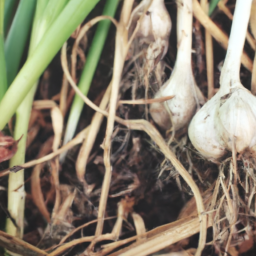
Understanding the connection between garlic and soil health is crucial for Tennessee farmers. Garlic, with its natural antimicrobial properties, can contribute to improved soil microbiology. Home Gardening Tips for Garlic Its growth cycle also aids in soil aeration and nutrient cycling.
Incorporating garlic into crop rotations and soil-building strategies can enhance the overall health of Tennessee farmlands.
In conclusion, recognizing the symbiotic relationship between garlic and soil health is essential for sustainable farming practices in Tennessee.
Effective marketing strategies are essential for small-scale garlic producers in Tennessee.
Building a strong brand and connecting with local consumers are key elements of successful marketing.
In conclusion, implementing targeted marketing strategies can help small-scale garlic producers thrive in Tennessee's competitive agricultural landscape.
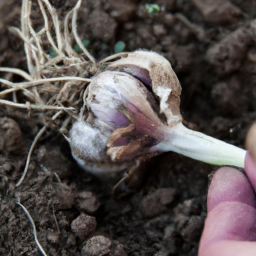
Creating a customized garlic planting calendar for your Tennessee location involves considering factors like frost dates, local climate variations, and the garlic varieties you plan to grow. Start by determining the average date of the first fall frost and work backward to establish planting dates. It's important to align your calendar with your specific microclimate and garlic variety requirements, ensuring the best timing for planting and harvesting.
Crop insurance is essential for garlic farmers in Tennessee because it provides financial protection against unforeseen events that can impact crop yields, such as adverse weather conditions or crop failures. By investing in crop insurance, garlic farmers can secure their income and minimize potential losses, ensuring financial stability and peace of mind during challenging seasons.
The optimal time for planting garlic in Tennessee typically falls between late September and early November. It's important to consider your specific location within the state, as warmer regions may benefit from earlier planting in September, while cooler areas may choose a late October start. Monitoring local temperature trends and referring to the USDA hardiness zone map for Tennessee can help determine the best planting window.